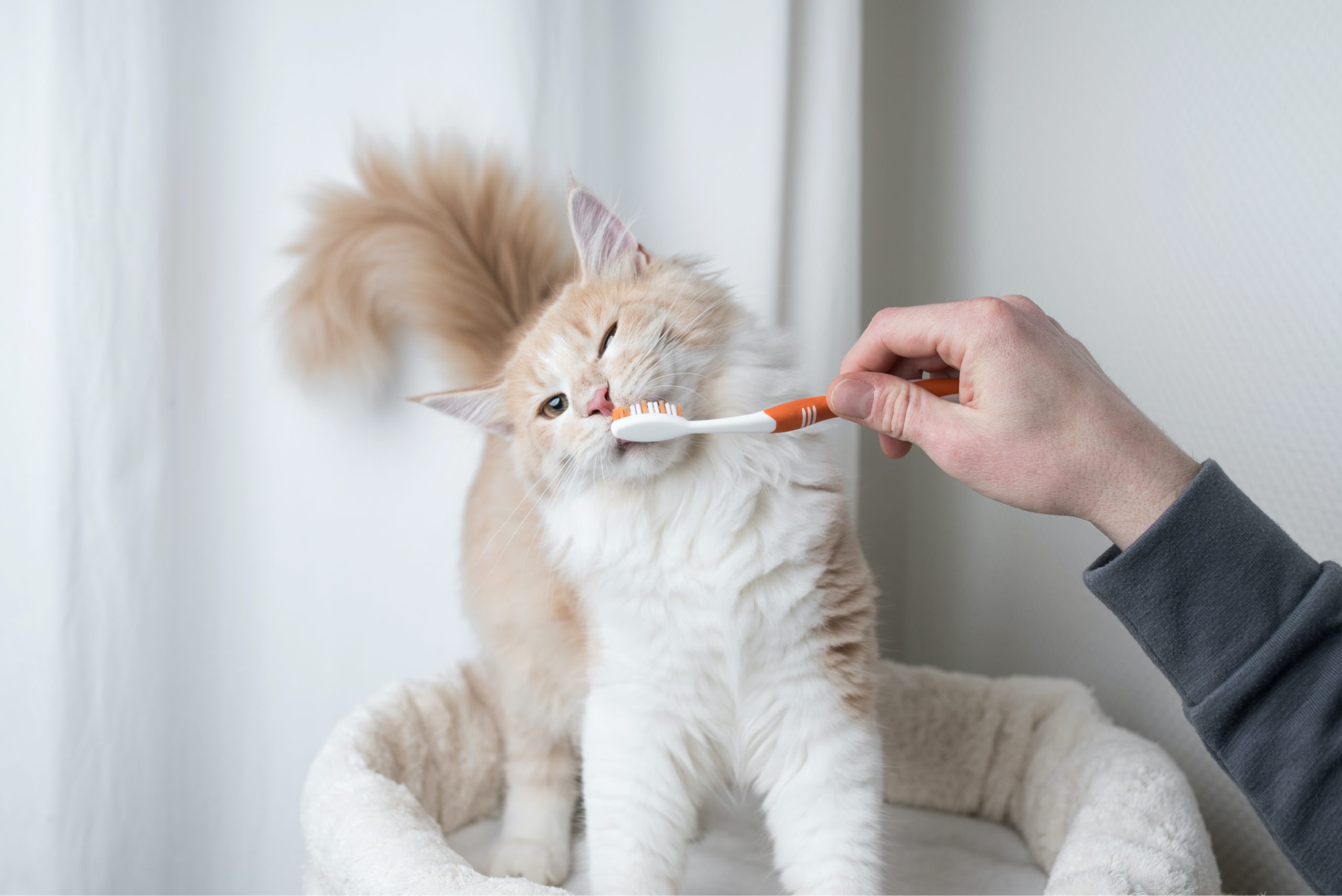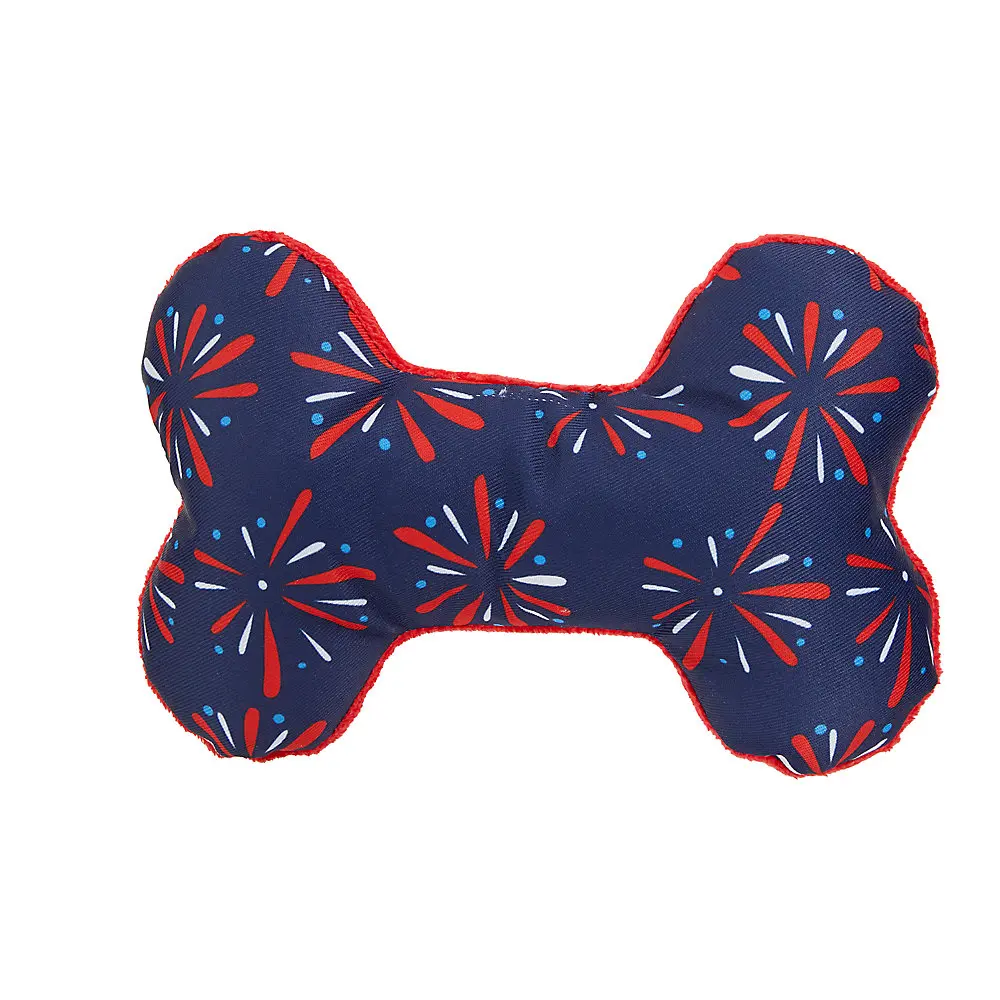Renowned physiologist Ivan Pavlov famously showed how a dog could be conditioned to salivate. It’s the perfect solution to cooling down, soaking up some sun, and having lots of fun. However, like with small children, your dog can potentially be at risk of getting hurt if not properly supervised. Not all dogs are great swimmers and not all pools are considered dog friendly.
Rule number one for pet pool safety is to never leave your pet unattended around a pool. This has the potential to be a very dangerous situation. If you are aware that your dog is not a great swimmer, then invest in a life jacket to improve buoyancy. This will keep your dog more visible if it is small and can provide an extra bit of safety. You should never just assume that all dogs can swim. Some dogs need to be trained to swim while some are naturals and for others it’s nearly impossible.

Chlorine and chemicals
“Not all dogs are great swimmers and not all pools are considered dog friendly.”








